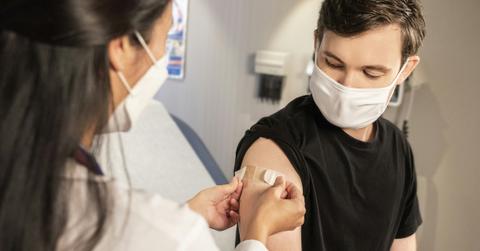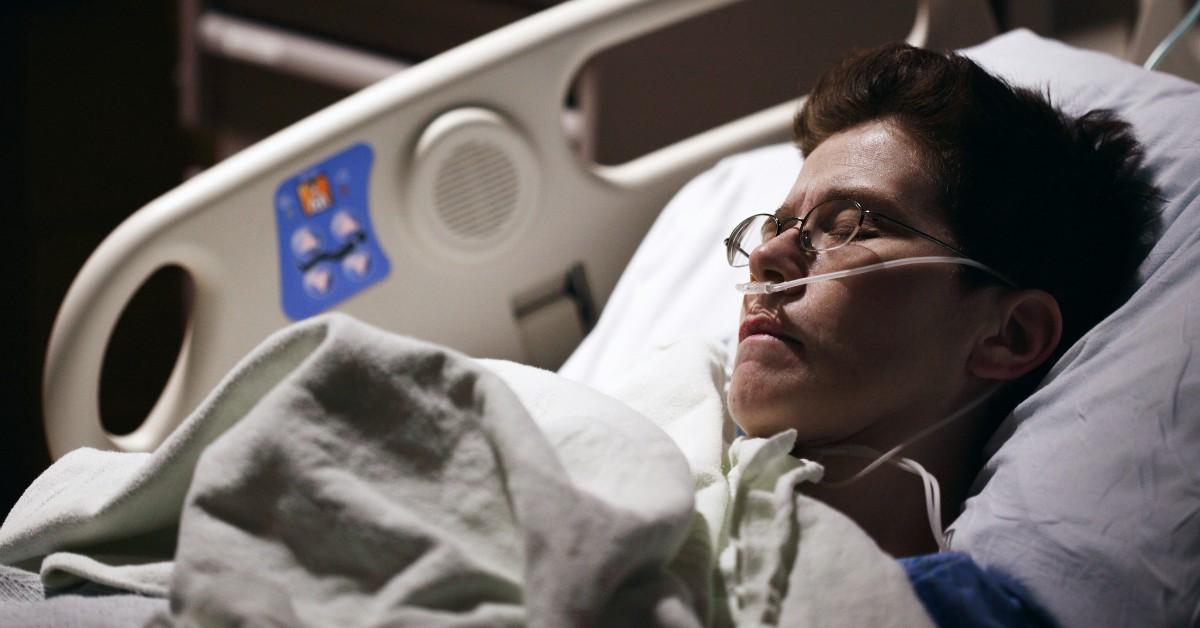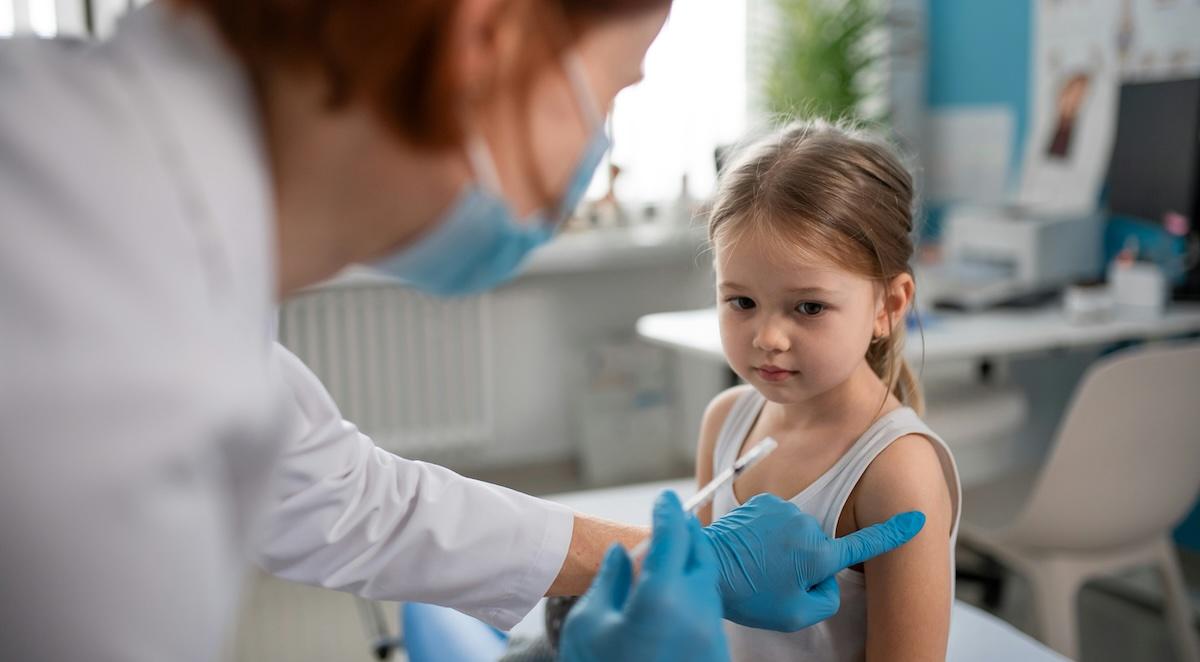Measles Cases Keep Rising — Is Being Vaccinated Enough?
Measles is highly contagious in unvaccinated populations.
Published July 10 2025, 3:32 p.m. ET

The measles vaccination, which is sometimes also called the measles, mumps, and rubella shot (MMR), has been a work in progress since its creation in 1954. Since then, it's been updated and adjusted until it became the modern-day version of the shot, which is part of the recommended childhood vaccination schedule in the U.S.
This has been an amazing thing for those living and working in the country, since measles is highly contagious and can cause life-threatening complications for some.
A rise in anti-science rhetoric has caused some to second-guess the safety of the shot, and many people opted to forgo the recommended dosages for their children, leading to measles outbreaks around the country.
That has prompted some adults to ask their healthcare providers, "Can I get measles if I'm vaccinated?" You can find out what the pros say below.

Can you get measles after being vaccinated?
Unfortunately, there are some cases when fully vaccinated people can contract measles. According to the Mayo Clinic, that's extremely rare, as the double dose of the vaccination prevents illnesses 97 percent of the time.
Of course, there are exceptions to this rule, which is why it's important to maintain herd immunity. Herd immunity occurs when enough people are vaccinated (or immune) to a disease that the illness can no longer quickly spread from person to person.
Why are measles coming back?
It's hard to believe that measles is still around in the U.S. after being declared eliminated back in 2000, but the University of Chicago says the illness is back in a big way thanks to declining vaccine rates and the antivax movement.
These two factors, combined with the illness's contagiousness, have created the perfect environment for outbreaks.
"Unlike other viruses we’re all familiar with, like the flu or COVID, measles is much harder to stop because it spreads like wildfire," Vice President for Communications for the University of Chicago's Paul M. Rand said during a February 2025 podcast interview with NYU's director of the Division of Pediatric Infectious Diseases at NYU, Dr. Adam Ratner.

"The estimate is that in a totally nonimmune population, someone with measles can infect about 90 percent of the people around them and that the average person in a population like that will affect somewhere around 14 additional people, which you can imagine if you were looking at a graph, that’s a recipe for exponential spread," Ratner explained.
Do I need a measles booster as an adult?
Thinking about getting a measles booster to add another layer of protection to your existing vaccination? You may need to count the candles on your last birthday cake before you do. That's because people who were born between 1957 should have a lifelong immunity to the illness thanks to how common it was during the time.
Those born after 1957 should've received the proper shots and boosters, according to PBS, which means they shouldn't need any additional vaccinations.
However, there are exceptions to those rules, and if you were vaccinated between 1963 and 1967 you may have received a shot that didn't have a live version of the virus. This group should get a booster that includes the live vaccine at some point in their lives.
Next, if you're in a high-risk group and have only ever received one dose of the vaccine, experts say you should also have a follow up dose of the live virus.
Of course, you can always discuss your unique circumstances and concerns directly with your healthcare provider to see where you fall on the risk scale, and whether an additional shot would be a good idea for you.